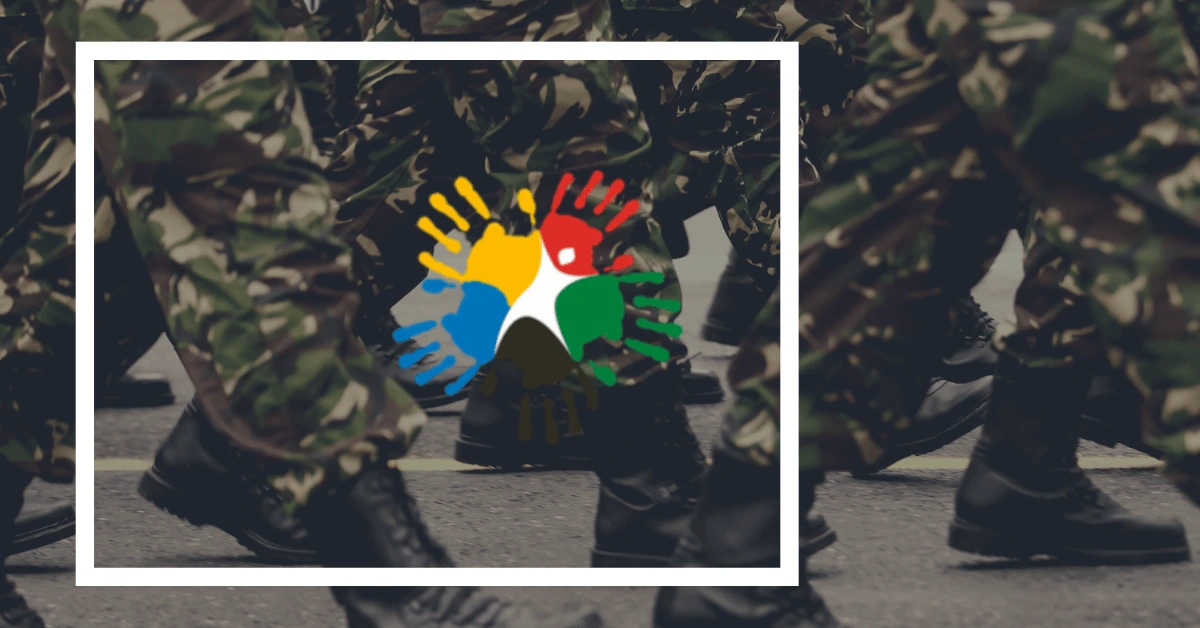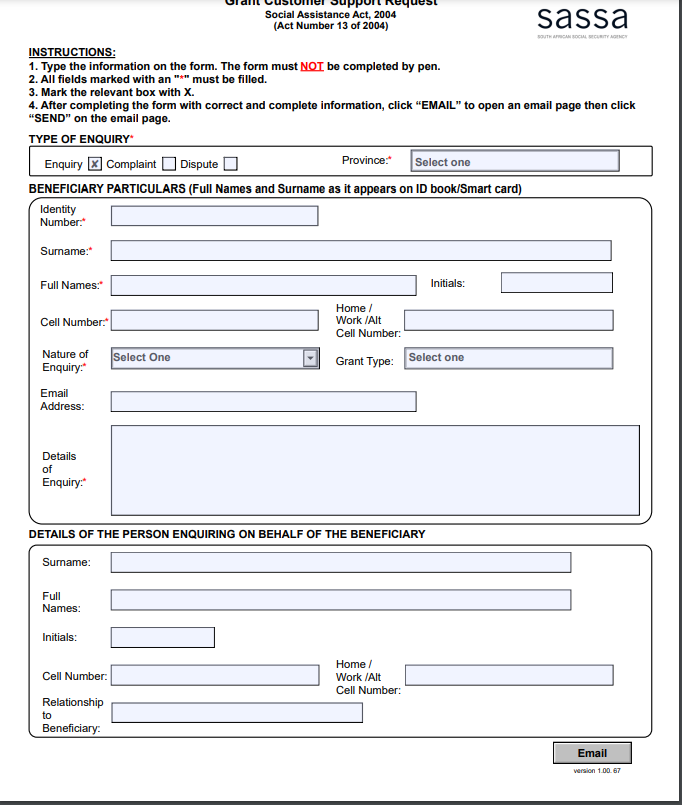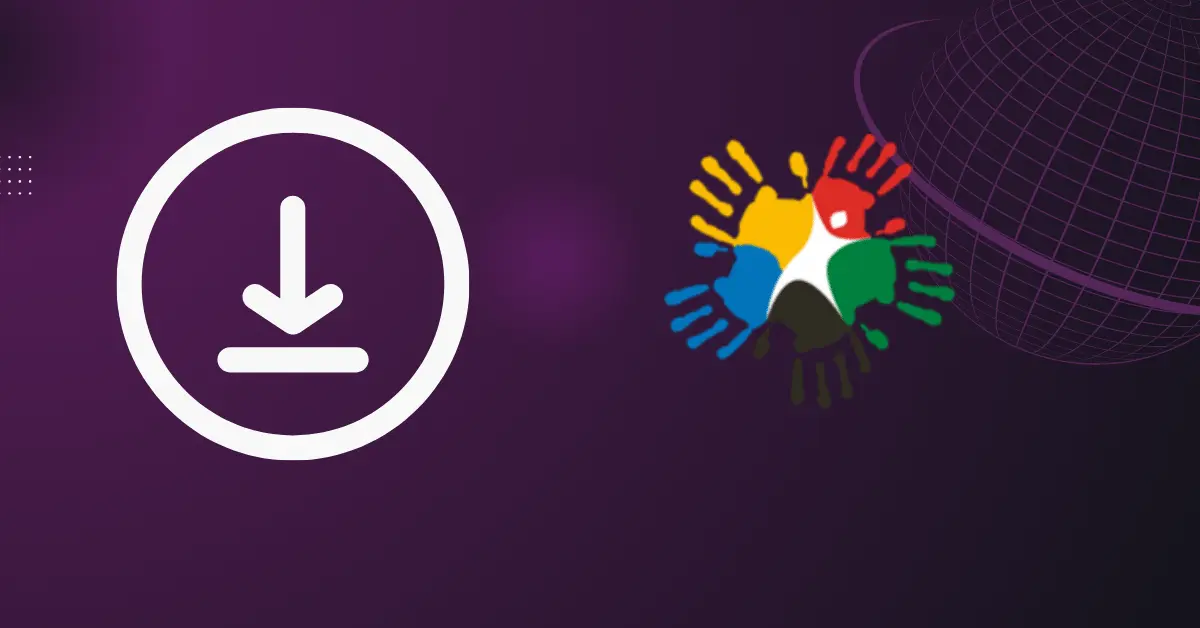As of December 2024, South Africa’s social grant system distributed 19,235,970 grants across nine provinces. These grants serve as lifelines for millions of individuals and households, injecting billions of rands into the economy each month. The financial impact of this extensive program extends far beyond poverty alleviation, influencing local economies, consumer spending, and economic stability.
Social Grant Distribution Snapshot
The following table highlights the distribution of grants by type and province as of December 2024:
| Grant Type | Total Distributed Nationwide |
| Care Dependency Grant | 172,415 |
| Child Support Grant | 13,163,060 |
| Disability Grant | 1,066,452 |
| Foster Care Grant | 198,424 |
| Grant in Aid | 502,695 |
| Old Age Grant | 4,132,917 |
| War Veteran’s Grant | 7 |
| Total | 19,235,970 |
Economic Role of Social Grants
- Reducing Poverty:
- Social grants are essential for reducing poverty in South Africa, particularly in rural provinces like Limpopo and the Eastern Cape, where reliance on grants is highest.
- Household Income Support:
- Grants often serve as primary income sources for families, ensuring access to food, healthcare, and education.
- Stimulating Local Economies:
- Funds from social grants are spent in local businesses and markets, boosting economic activity in both rural and urban areas.
- Promoting Social Stability:
- By alleviating financial stress, grants contribute to social cohesion and reduce economic disparities.
Provincial Financial Impact
The financial footprint of social grants varies by province, reflecting differences in population size, poverty levels, and economic conditions:
| Province | Total Grants Distributed | Grants as % of National Total |
| KwaZulu-Natal | 4,264,622 | 22.2% |
| Gauteng | 3,058,859 | 15.9% |
| Eastern Cape | 2,880,274 | 15.0% |
| Limpopo | 2,734,831 | 14.2% |
| Western Cape | 1,699,692 | 8.8% |
| Mpumalanga | 1,648,112 | 8.6% |
| North West | 1,346,697 | 7.0% |
| Free State | 1,055,850 | 5.5% |
| Northern Cape | 547,033 | 2.8% |
Consumer Spending and Economic Stimulus
- Direct Spending on Necessities:
- The majority of social grants are spent on essential goods and services, such as food, healthcare, and education.
- Child Support Grants (CSGs) often fund school-related expenses like uniforms and transport.
- Local Business Support:
- In rural areas, grant recipients contribute significantly to local economies, sustaining small businesses and informal markets.
- Multiplier Effect:
- The financial injection from grants has a multiplier effect, where spending by grant recipients creates additional income and jobs within communities.
Challenges in Financial Sustainability
- Budgetary Pressures:
- The rising number of grant recipients places a significant strain on the national budget. In 2024, social grants accounted for a substantial portion of government expenditure.
- Balancing Immediate Needs with Long-Term Development:
- While grants address immediate poverty, they highlight the need for parallel investments in job creation and economic growth to reduce dependency.
- Fraud and Mismanagement:
- Ensuring funds reach intended beneficiaries without leakage is critical to maintaining the program’s effectiveness.
Recommendations for Maximizing Economic Impact
- Invest in Skills Development:
- Pair grant programs with education and vocational training initiatives to empower recipients and reduce long-term reliance.
- Strengthen Local Economies:
- Support small businesses and cooperatives in grant-dependent areas to create sustainable income sources.
- Ensure Efficient Grant Delivery:
- Use technology to streamline payments and minimize administrative costs and fraud.
The financial footprint of South Africa’s social grant system is immense, providing a critical safety net for millions while driving economic activity across the country. However, the growing reliance on grants underscores the importance of balancing short-term poverty alleviation with long-term economic strategies. By leveraging the grant system as a foundation for sustainable development, South Africa can foster economic stability and improve living standards for its most vulnerable citizens.










